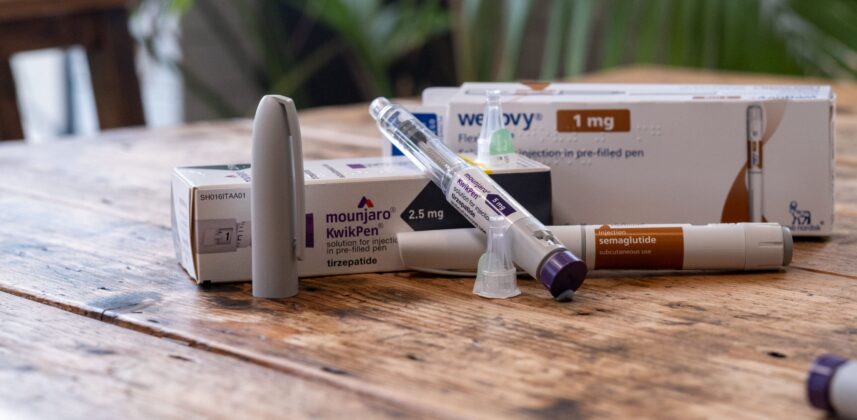GLP-1 weight loss drugs and pancreatitis – what you need to know
Robert Price | Last update: 26th June 2025
UK regulators are investigating severe cases of pancreatitis, some fatal, connected to GLP-1 medicines such as Wegovy, Mounjaro and Ozempic. A new genetic study is underway, and warnings have been re-issued about pregnancy, surgery and unregulated sellers.
If you are using or considering GLP-1 treatment it’s important you understand the full picture versus press headlines.

TL;DR
- UK health authorities are investigating a possible link between GLP-1 weight loss drugs and pancreatitis, following reports involving medicines such as Wegovy, Mounjaro, and Ozempic.
- Nearly 400 cases and around 10 deaths have been reported in the UK. Kantar estimate 1.5m people are currently on the treatments.
- A new genetic study is underway to explore why some people might react badly.
- GLP-1 drugs should only be taken with a prescription and from regulated pharmacies.
- Warnings issued on pregnancy, surgery, and unregulated sellers.
What’s Happening?
The UK’s Medicines and Healthcare products Regulatory Agency (MHRA) is investigating a potential safety risk involving GLP-1 weight loss drugs and pancreatitis, commonly known as weight loss jabs.
Nearly 400 cases of acute pancreatitis (a painful and potentially life-threatening inflammation of the pancreas) have been reported by patients taking drugs like Mounjaro, Wegovy, Ozempic and Rybelsus.
GP, Dr David Garley, from the Better Sleep Clinic, reminds us:
“All drugs have side effects, and it may be this number is within the expected range.”
Genetic Study Launched
A new MHRA-Genomics England study invites hospital patients with pancreatitis linked to GLP-1s to submit a saliva sample. The goal: find out whether some people have a genetic risk that increases the chance of severe side effects.
Key Warnings for Users
GLP-1s are powerful prescription medicines for type 2 diabetes and obesity-related weight loss, not intended for cosmetic use. The MHRA emphasises:
- Only use them if prescribed by a professional
- Avoid unlicensed sellers on social media or salons
- Fake or repackaged versions can cause serious harm
Dr Garley goes on to say:
“…pancreatitis is a risk, and it’s important that anyone taking the jabs understands the risks and the signs to look for. This underlines the importance of seeking the jabs from safe and reputable sources.”.
Other Safety Alerts
Pancreatitis symptoms to watch for:
Severe stomach pain (especially spreading to the back), nausea, and fever. Go to A&E if you have these symptoms and are on a GLP-1.
Pregnancy:
GLP-1 drugs must not be used while pregnant or trying to conceive. Use contraception during and after treatment (up to two months for Wegovy, one month for Mounjaro).
Surgery:
Tell your healthcare team before any operation. GLP-1s slow digestion, which increases the risk under anaesthetic.
Breastfeeding:
Not recommended.
What Drug Companies Say
Manufacturers such as Lilly (Mounjaro) and Novo Nordisk (Wegovy, Ozempic) claim they closely monitor safety reports and support the MHRA’s actions. They stress these medicines must only be used as prescribed.
Been Affected?
If you’ve had side effects or suspect a fake GLP-1 medicine, report it to the MHRA Yellow Card scheme.
SlimrChat’s Take
GLP1 medications can be life-changing when used safely and correctly, but they are not risk-free. What is happening in the UK is a reminder to stay informed, listen to your body, and avoid shortcuts with unregulated products.
At SlimrChat, we’re here to help you make sense of the science, hear from others on the same journey, and support one another in making informed and safe choices. If you are ever unsure, speak to your healthcare provider and join the conversation in our forums.